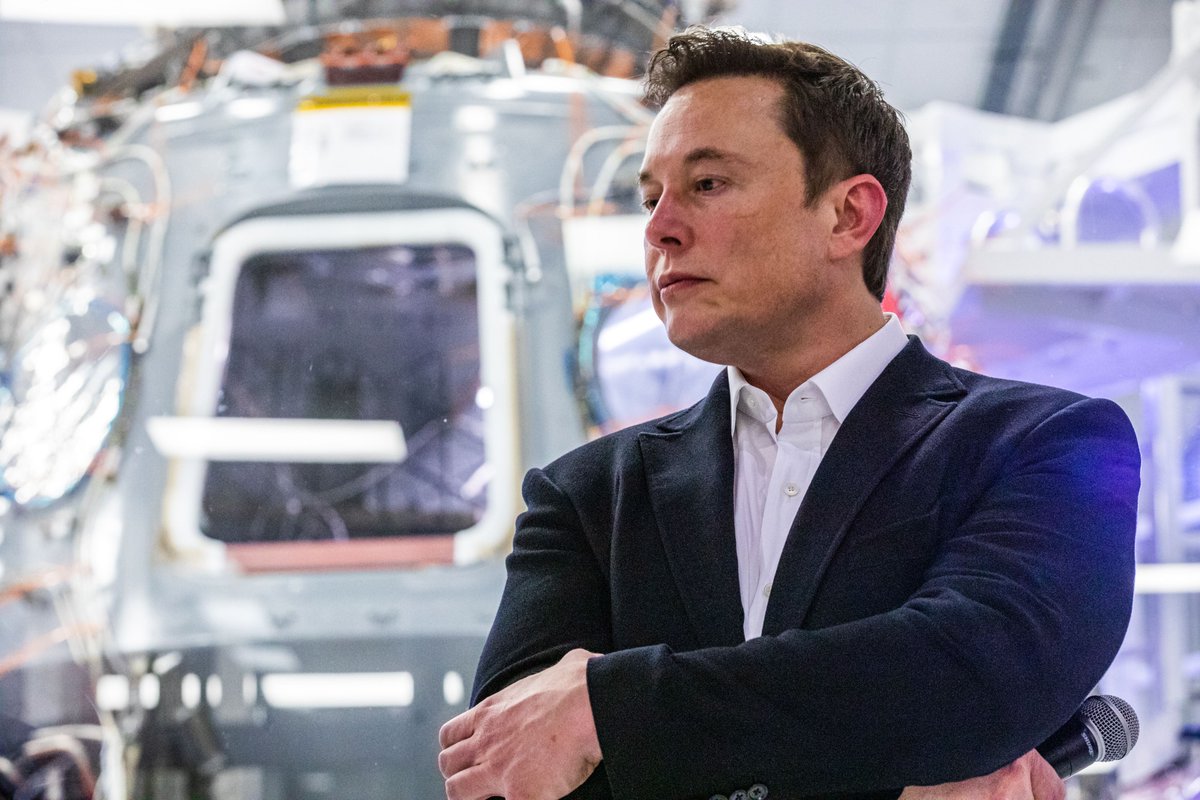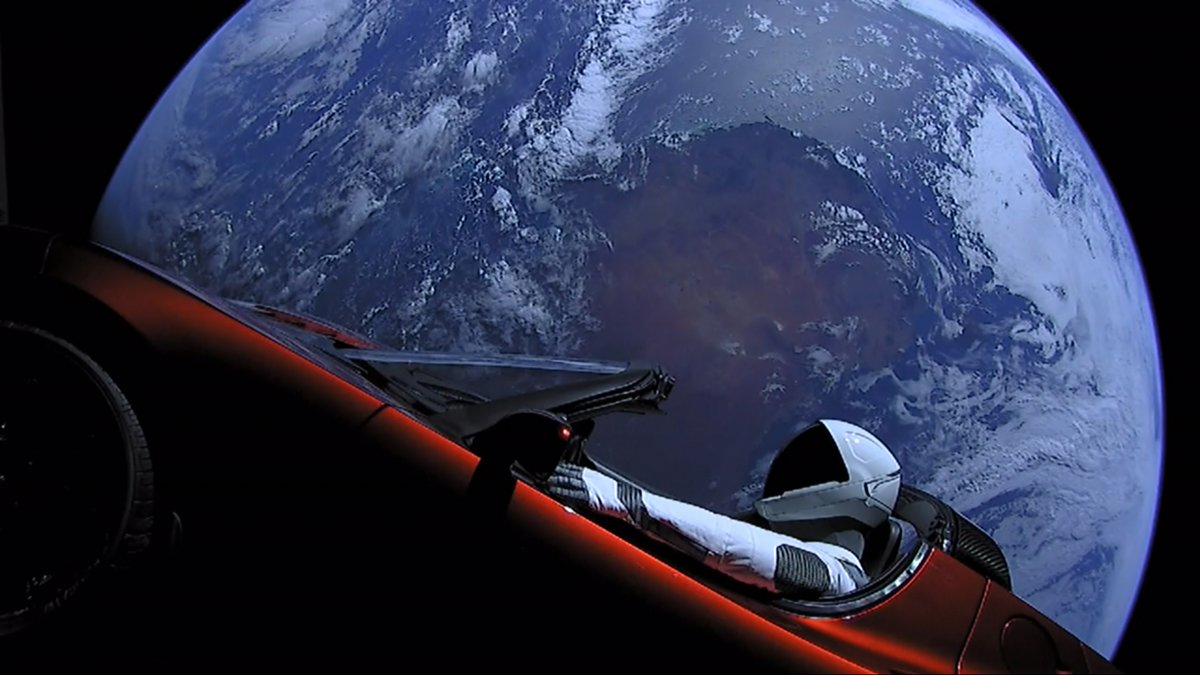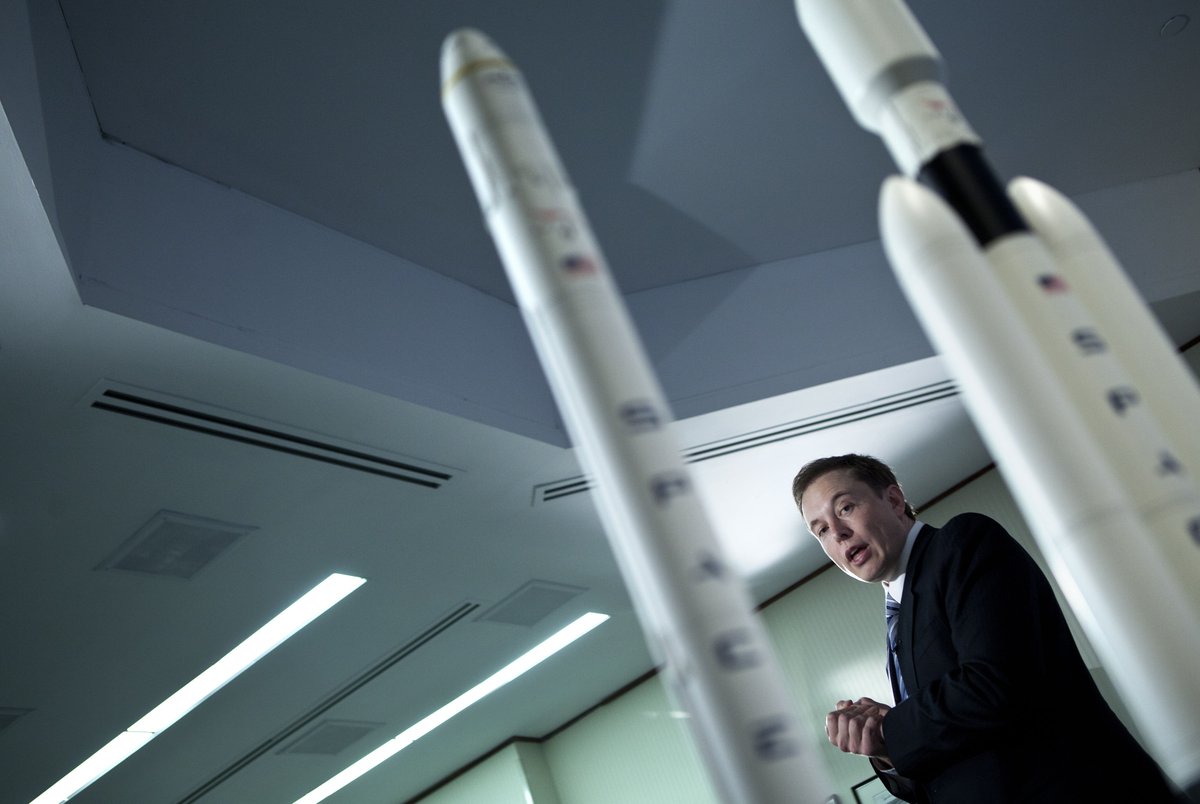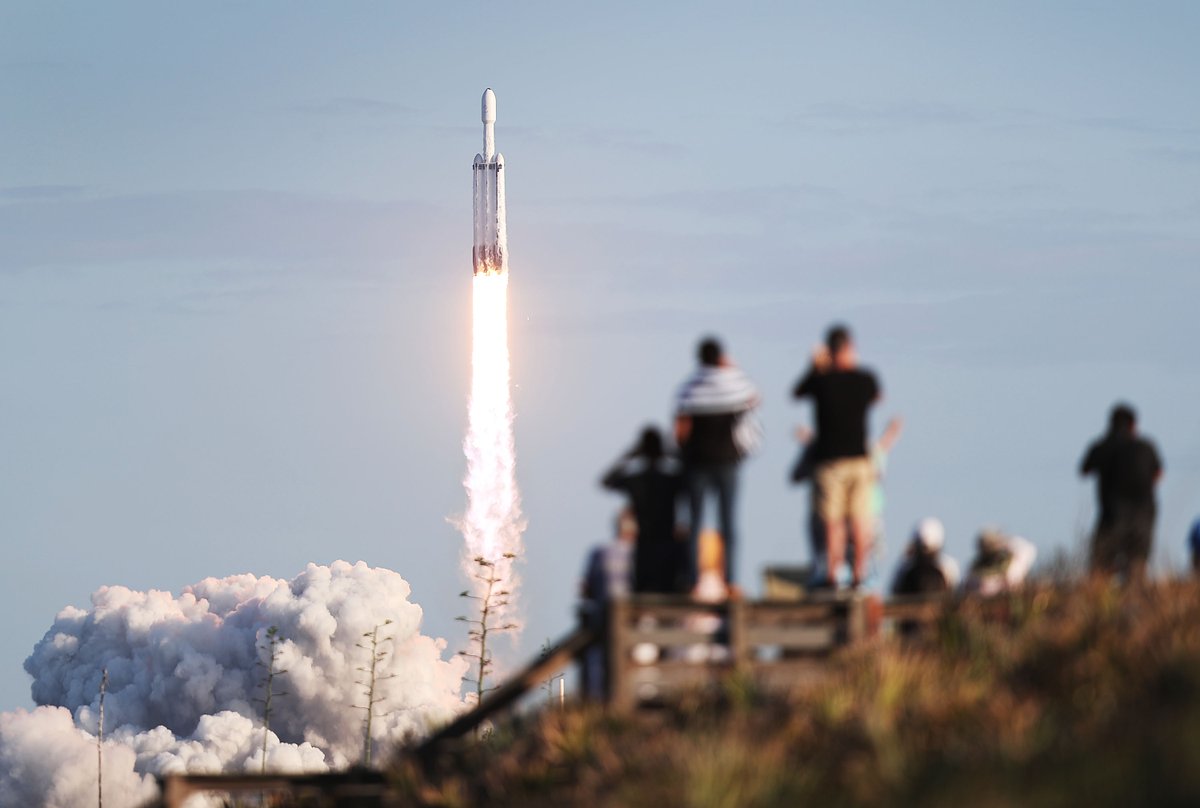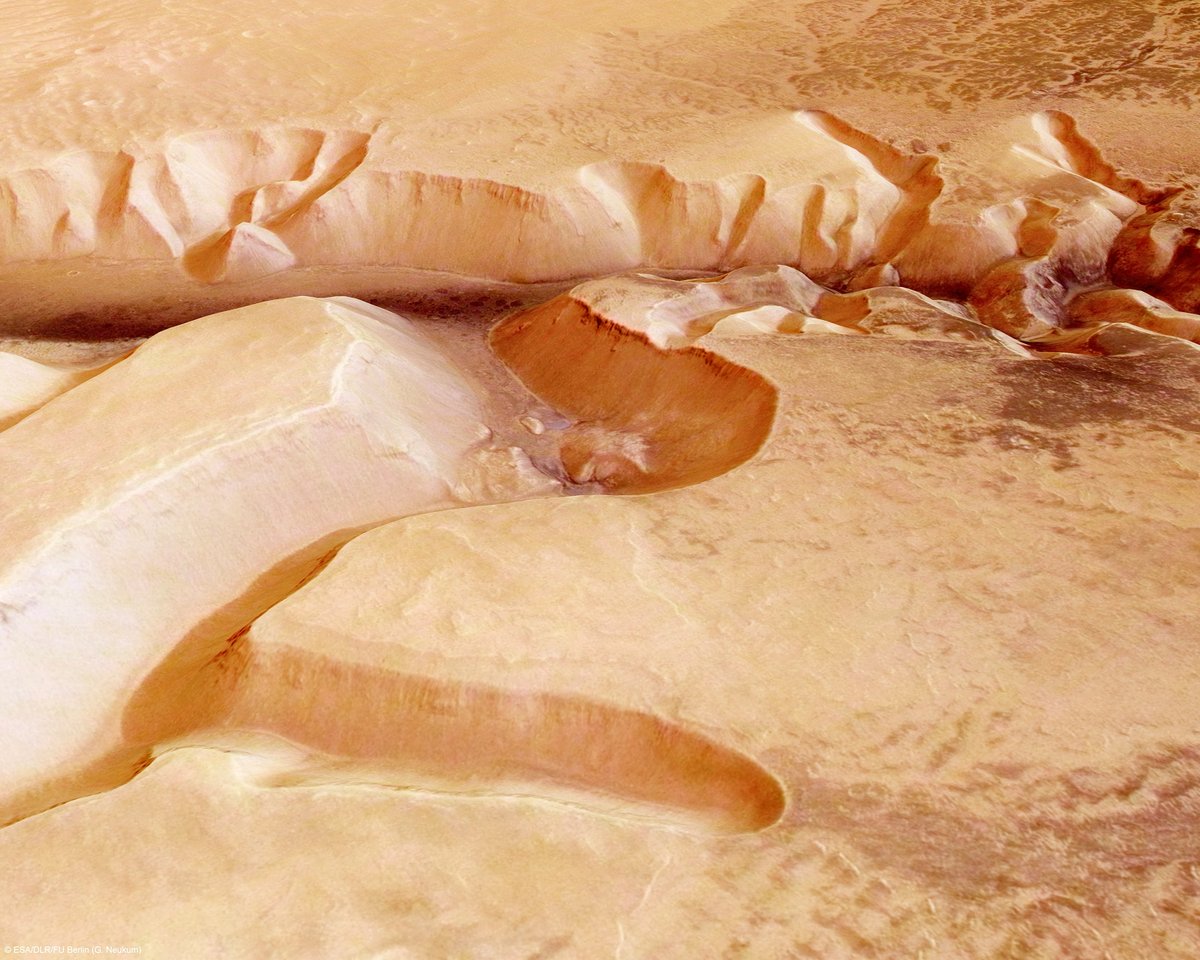This summer, NASA will launch a rover designed to collect samples of the Martian surface.
When the samples arrive on Earth, they’ll be “quarantined and treated as though they are the Ebola virus until proven safe” https://trib.al/HJZpoLW ">https://trib.al/HJZpoLW&q...
When the samples arrive on Earth, they’ll be “quarantined and treated as though they are the Ebola virus until proven safe” https://trib.al/HJZpoLW ">https://trib.al/HJZpoLW&q...
In the midst of one pandemic, Americans aren& #39;t ready for another imported from outer space.
But ready or not, the U.S. and other spacefaring nations need to start updating planetary-protection measures for a new era of spaceflight http://trib.al/HJZpoLW ">https://trib.al/HJZpoLW&q...
But ready or not, the U.S. and other spacefaring nations need to start updating planetary-protection measures for a new era of spaceflight http://trib.al/HJZpoLW ">https://trib.al/HJZpoLW&q...
In the years ahead, NASA& #39;s Mars initiatives will likely be emulated by other countries.
Clearer safety guidelines are essential both for protecting Earth and for ensuring that a wary public is comfortable with humanity& #39;s next steps into space http://trib.al/HJZpoLW ">https://trib.al/HJZpoLW&q...
Clearer safety guidelines are essential both for protecting Earth and for ensuring that a wary public is comfortable with humanity& #39;s next steps into space http://trib.al/HJZpoLW ">https://trib.al/HJZpoLW&q...
But as far back as the mid-1950s, scientists were thinking about ways to prevent alien lifeforms from contaminating the Earth (and vice-versa) http://trib.al/HJZpoLW ">https://trib.al/HJZpoLW&q...
The quarantine lasted three weeks http://trib.al/HJZpoLW ">https://trib.al/HJZpoLW&q...
While those protective measures worked well enough when NASA was mostly focused on protecting other planets, they’re turning out to be incomplete or obsolete in an era of one-of-a-kind missions like the Mars sample return http://trib.al/HJZpoLW ">https://trib.al/HJZpoLW&q...
Meanwhile, private space companies increasingly have the technology and ambition to make Mars visits of their own.
Elon Musk, founder of SpaceX, says he hopes to send a crewed mission there in 2024
Elon Musk, founder of SpaceX, says he hopes to send a crewed mission there in 2024
If SpaceX manages to meet that unlikely deadline, it might be able to avoid planetary-protection requirements altogether.
At the moment, no federal agency has jurisdiction to authorize and supervise such a mission http://trib.al/HJZpoLW ">https://trib.al/HJZpoLW&q...
At the moment, no federal agency has jurisdiction to authorize and supervise such a mission http://trib.al/HJZpoLW ">https://trib.al/HJZpoLW&q...
Addressing these issues is essential, and not just to avoid a real-life Andromeda Strain.
For one thing, steps taken by the U.S. now will become a non-binding global standard, which should help ensure that this new space age is a safe one http://trib.al/HJZpoLW ">https://trib.al/HJZpoLW&q...
For one thing, steps taken by the U.S. now will become a non-binding global standard, which should help ensure that this new space age is a safe one http://trib.al/HJZpoLW ">https://trib.al/HJZpoLW&q...
A public scarred by Covid-19 is likely to be wary of any space missions that require Ebola-level containment.
If NASA wants to assure people that they shouldn’t be worried about a Martian virus, they need to prove that their safety efforts are failsafe http://trib.al/HJZpoLW ">https://trib.al/HJZpoLW&q...
If NASA wants to assure people that they shouldn’t be worried about a Martian virus, they need to prove that their safety efforts are failsafe http://trib.al/HJZpoLW ">https://trib.al/HJZpoLW&q...
There& #39;s no telling when and where the next pandemic will emerge.
But with a little care, NASA and its partners can all but guarantee that it won’t be extraterrestrial http://trib.al/HJZpoLW ">https://trib.al/HJZpoLW&q...
But with a little care, NASA and its partners can all but guarantee that it won’t be extraterrestrial http://trib.al/HJZpoLW ">https://trib.al/HJZpoLW&q...

 Read on Twitter
Read on Twitter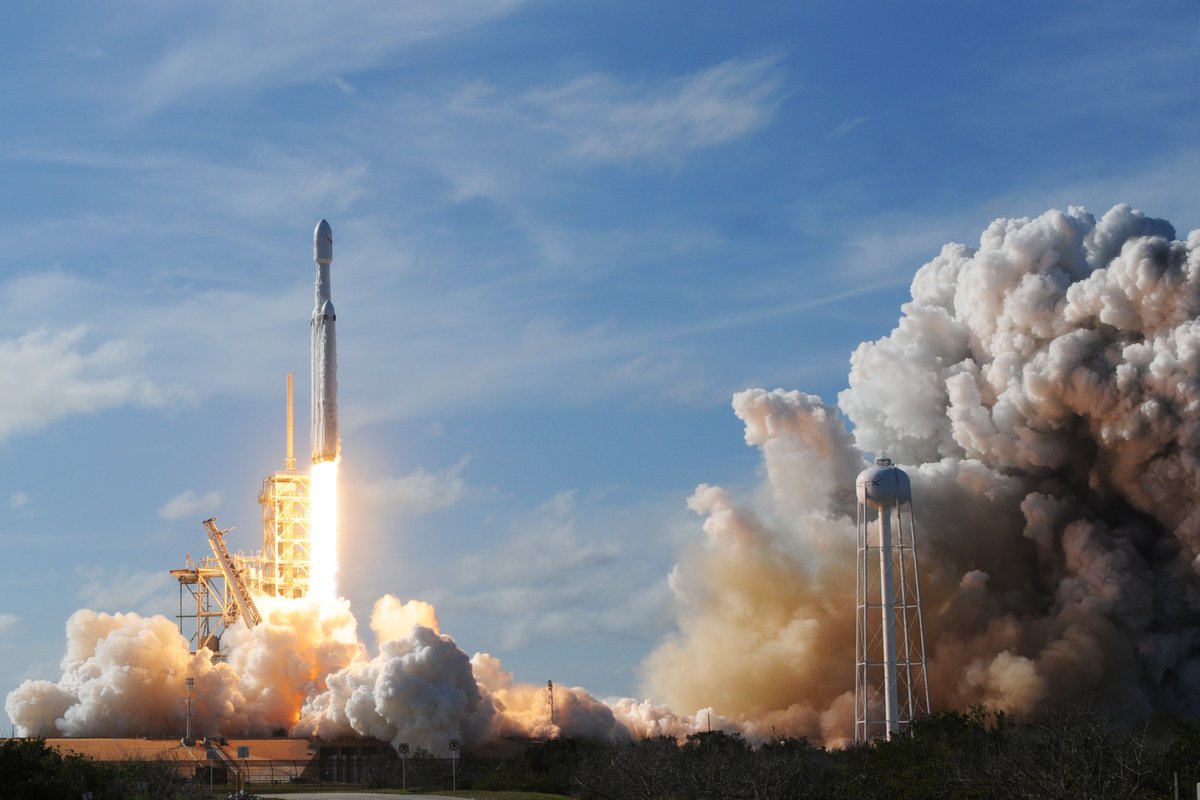

 No one knows if there’s life elsewhere in the universe. But as far back as the mid-1950s, scientists were thinking about ways to prevent alien lifeforms from contaminating the Earth (and vice-versa) https://trib.al/HJZpoLW&q..." title="https://abs.twimg.com/emoji/v2/... draggable="false" alt="🛰️" title="Satellite" aria-label="Emoji: Satellite">No one knows if there’s life elsewhere in the universe. But as far back as the mid-1950s, scientists were thinking about ways to prevent alien lifeforms from contaminating the Earth (and vice-versa) https://trib.al/HJZpoLW&q..." class="img-responsive" style="max-width:100%;"/>
No one knows if there’s life elsewhere in the universe. But as far back as the mid-1950s, scientists were thinking about ways to prevent alien lifeforms from contaminating the Earth (and vice-versa) https://trib.al/HJZpoLW&q..." title="https://abs.twimg.com/emoji/v2/... draggable="false" alt="🛰️" title="Satellite" aria-label="Emoji: Satellite">No one knows if there’s life elsewhere in the universe. But as far back as the mid-1950s, scientists were thinking about ways to prevent alien lifeforms from contaminating the Earth (and vice-versa) https://trib.al/HJZpoLW&q..." class="img-responsive" style="max-width:100%;"/>
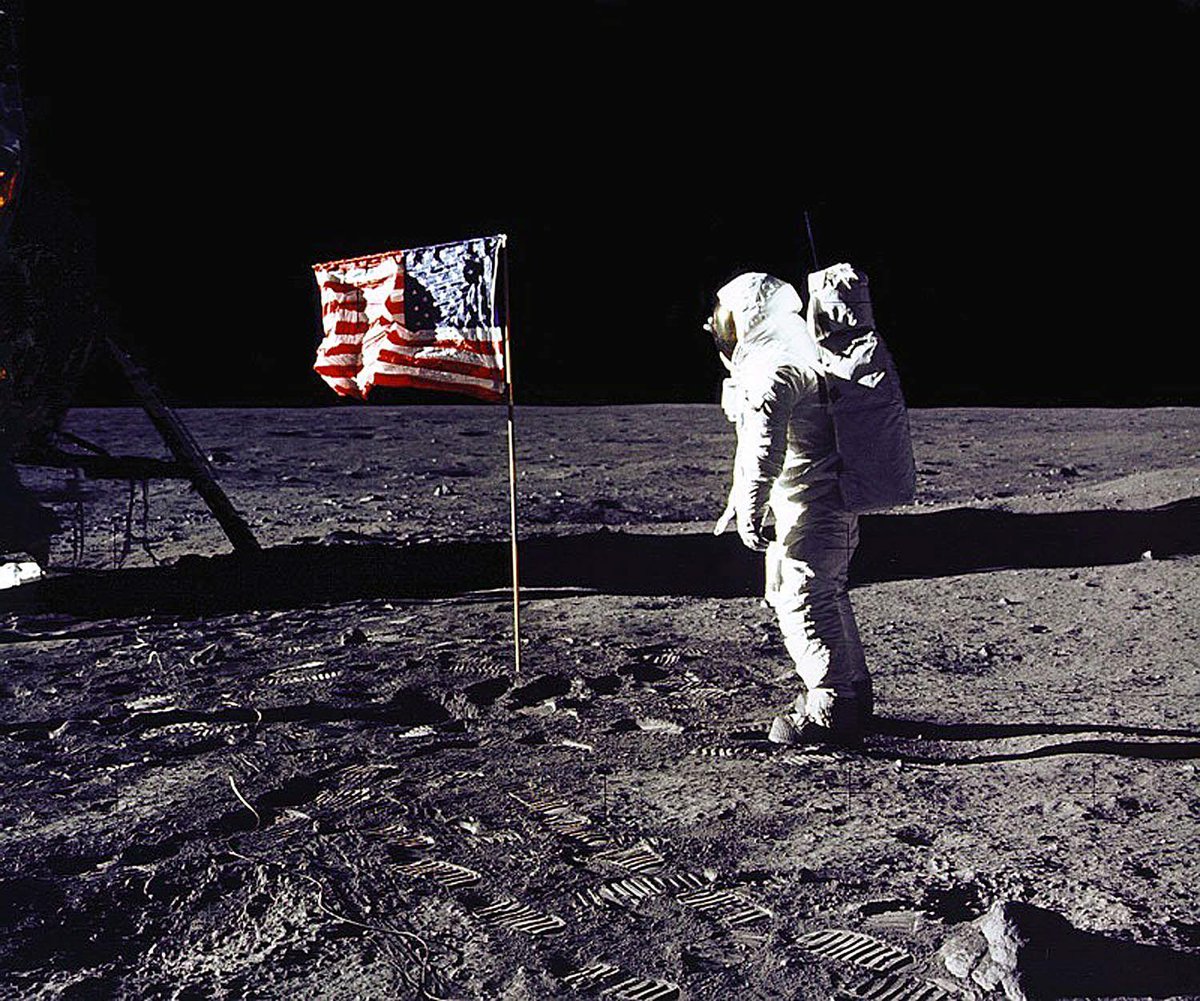 https://abs.twimg.com/emoji/v2/... draggable="false" alt="🇺🇸" title="Flag of United States" aria-label="Emoji: Flag of United States">When the Apollo 11 astronauts returned from the moon in 1969, they were immediately sealed in a decontamination chamber, just in case they had conveyed lunar micro-organisms to Houston.The quarantine lasted three weeks https://trib.al/HJZpoLW&q..." title="https://abs.twimg.com/emoji/v2/... draggable="false" alt="🌕" title="Full moon symbol" aria-label="Emoji: Full moon symbol">https://abs.twimg.com/emoji/v2/... draggable="false" alt="🇺🇸" title="Flag of United States" aria-label="Emoji: Flag of United States">When the Apollo 11 astronauts returned from the moon in 1969, they were immediately sealed in a decontamination chamber, just in case they had conveyed lunar micro-organisms to Houston.The quarantine lasted three weeks https://trib.al/HJZpoLW&q..." class="img-responsive" style="max-width:100%;"/>
https://abs.twimg.com/emoji/v2/... draggable="false" alt="🇺🇸" title="Flag of United States" aria-label="Emoji: Flag of United States">When the Apollo 11 astronauts returned from the moon in 1969, they were immediately sealed in a decontamination chamber, just in case they had conveyed lunar micro-organisms to Houston.The quarantine lasted three weeks https://trib.al/HJZpoLW&q..." title="https://abs.twimg.com/emoji/v2/... draggable="false" alt="🌕" title="Full moon symbol" aria-label="Emoji: Full moon symbol">https://abs.twimg.com/emoji/v2/... draggable="false" alt="🇺🇸" title="Flag of United States" aria-label="Emoji: Flag of United States">When the Apollo 11 astronauts returned from the moon in 1969, they were immediately sealed in a decontamination chamber, just in case they had conveyed lunar micro-organisms to Houston.The quarantine lasted three weeks https://trib.al/HJZpoLW&q..." class="img-responsive" style="max-width:100%;"/>

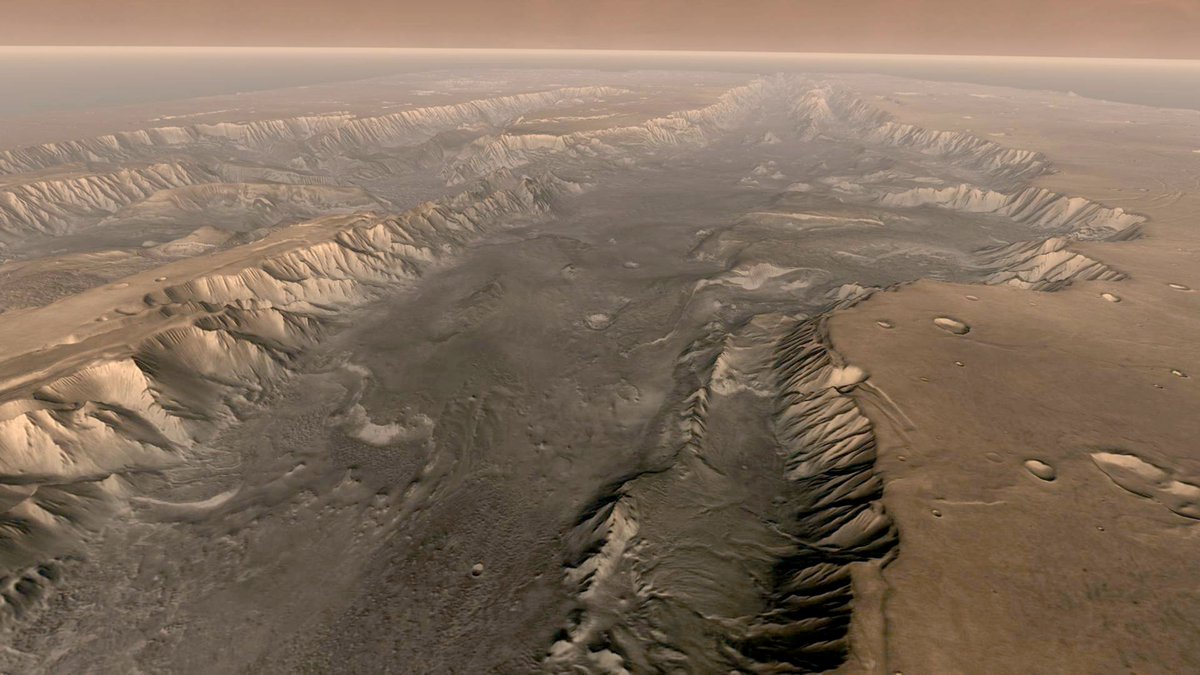 Even as it prepares to launch the new Mars rover in July, NASA has yet to come up with policies on how to safely distribute any returned samples to scientists https://trib.al/HJZpoLW&q..." title="https://abs.twimg.com/emoji/v2/... draggable="false" alt="👩🚀" title="Woman astronaut" aria-label="Emoji: Woman astronaut">Even as it prepares to launch the new Mars rover in July, NASA has yet to come up with policies on how to safely distribute any returned samples to scientists https://trib.al/HJZpoLW&q..." class="img-responsive" style="max-width:100%;"/>
Even as it prepares to launch the new Mars rover in July, NASA has yet to come up with policies on how to safely distribute any returned samples to scientists https://trib.al/HJZpoLW&q..." title="https://abs.twimg.com/emoji/v2/... draggable="false" alt="👩🚀" title="Woman astronaut" aria-label="Emoji: Woman astronaut">Even as it prepares to launch the new Mars rover in July, NASA has yet to come up with policies on how to safely distribute any returned samples to scientists https://trib.al/HJZpoLW&q..." class="img-responsive" style="max-width:100%;"/>
